Cuba’s New Sound: The Abreu Brothers Take the Stage
ABC News recently profiled Fabio and Diego Abreu, two teenage musicians from Havana who are already reshaping the landscape of Cuban jazz. For me, their recognition on an international platform is both exciting and deeply personal.
As a colleague of their mother, I’ve watched them grow up, and their talent was obvious from a very early age. At 19 and 17, the brothers bring a technical command and artistic maturity that belie their age. Their success confirms what I and many others in our community have witnessed firsthand: a new generation of Cuban musicians is ready to lead.
A Family Steeped in Music
The Abreu brothers grew up surrounded by music at the highest level. Their mother, my dear colleague Neris Gonzalez, is a Cuban musicologist whose career has been devoted to documenting and teaching the country’s complex traditions. Their father, Yaroldys Abreu, is a well-known percussionist whose résumé includes work with Irakere and Chucho Valdés, names that defined Cuban jazz on the world stage.
That background gave Fabio (drums) and Diego (piano) more than just access to instruments; it also provided them with a shared passion for music. It placed them inside conversations about form, history, rhythm, and interpretation from childhood.
Their playing carries that lineage: an easy fluency with Cuban clave, a sensitivity to harmony shaped by both conservatory study and family rehearsal, and a willingness to treat jazz as a living language rather than a fixed repertoire.
From the Home to the Stage: La Casa Producciones
This commitment to music is also a professional mission. Neris is the founder of La Casa Producciones, an independent cultural project dedicated to promoting authentic Cuban music. More than a record label, it’s a hub for creation and education that organizes workshops, produces historical materials, and curates intimate concerts. For Fabio and Diego, this meant they grew up not just in a musical family, but inside a living cultural workshop.
The importance of a project like this for Cuba’s new generation of musicians is immense. In a landscape often defined by official institutions, La Casa Producciones provides a vital independent space where young artists can connect with masters, collaborate freely, and develop their own voices. It ensures that the future of Cuban music is nurtured by a community that is deeply invested in both its rich history and its constant evolution.
Early Performances and the Shape of Their Sound
When the brothers first began appearing in Havana venues a few years ago, their performances already carried a distinct character. Diego’s piano playing shows a balance between percussive montuno figures and extended jazz voicings, often moving from tightly clustered chords to open, impressionistic textures.
Fabio’s drumming is a masterclass in control and fire; he anchors every piece with a deep understanding of Afro-Cuban tradition but explodes with jazz improvisation, driving the ensemble with complex polyrhythms.
Hearing them together is to listen to a dialogue in motion. Their interplay recalls classic small-ensemble jazz traditions, yet Cuban rhythmic sensibilities always frame it.
It is not unusual to hear them reference danzón cadences or rumba phrasing inside an otherwise straight-ahead jazz setting. This fusion is what makes their music feel both grounded and forward-looking.
A Generation Finding Its Own Space
The ABC News article underscored an important context: the availability of internet access in Cuba since 2018 has allowed younger musicians to study recordings, exchange ideas, and share performances in ways that were once impossible. Coupled with the rise of smaller independent venues, artists like the Abreu brothers are creating scenes outside the old infrastructure.
They are part of a generation comfortable moving between the conservatory and the club, the rehearsal studio and the online livestream. For audiences, this means you can now hear young players drawing equally from John Coltrane, Chucho Valdés, and contemporary New York jazz while still staying rooted in Cuban forms.
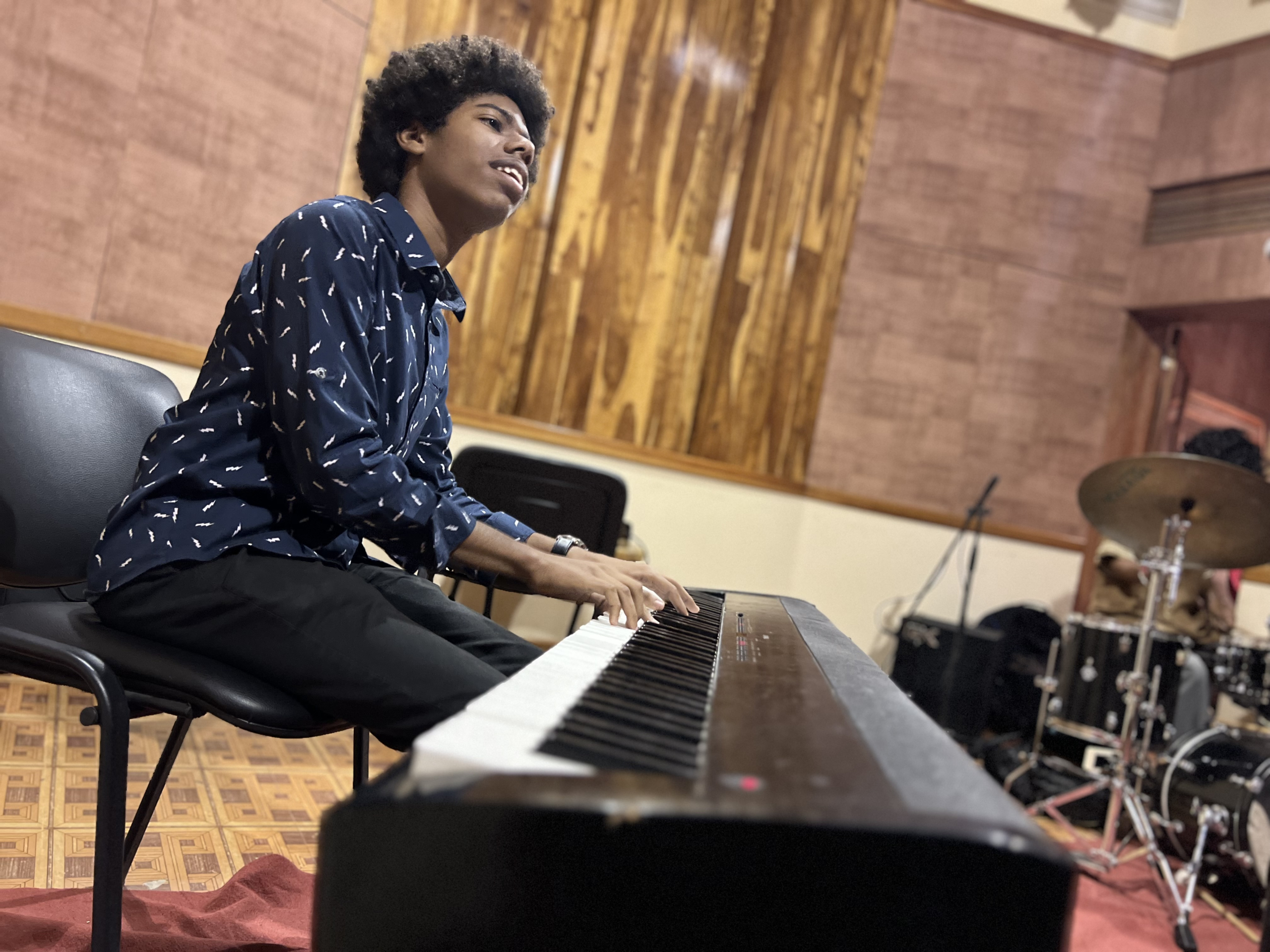
Recent Collaborations in Education
On a recent educational tour our organization hosted, I had the immense pleasure of working directly with Fabio and Diego alongside their mother, Neris. Together, they prepared a guided walk through Cuban music history.
Neris offered context on the evolution of styles, and the brothers illustrated these transitions on their instruments, Diego tracing melodic and harmonic shifts on the piano while Fabio demonstrated the evolution of the underlying rhythmic patterns on the drums.
It was not a performance in the conventional sense. It was a class in motion, where history and sound became inseparable. To see this lesson led by a family spanning two generations of expertise was truly remarkable.
Where to Hear the Abreu Brothers
Today, the Abreu brothers are active across Havana. They can often be heard at intimate venues, like Fangio Habana, festivals like the Havana Jazz Festival, and larger cultural spaces. Their sets shift depending on the room: a tight quartet in a jazz club, or collaborations with other young players in multi-artist showcases. For those traveling with us, there are opportunities to attend workshops and live concerts where they and their peers are shaping Havana’s new sound.
Why Their Story Resonates
Having seen their talent from its earliest stages, I find the story of the Abreu brothers especially resonant. They embody the continuity of Cuban music, carrying the discipline of conservatory training, the grounding of a family steeped in tradition, and the curiosity of young artists who refuse to stop at boundaries. Their recognition by ABC News signals what many of us have already seen: that Havana remains a city where new voices rise quickly, and where the future of jazz is being written in real time.
Plan Your Visit
Our programs are designed around educational exchange with musicians like the Abreu brothers. From structured workshops to late-night club sets, we place travelers inside the conversations shaping Cuban music today.
For U.S. guests, these tours operate under OFAC general licenses for Educational Activities and Support for the Cuban People.

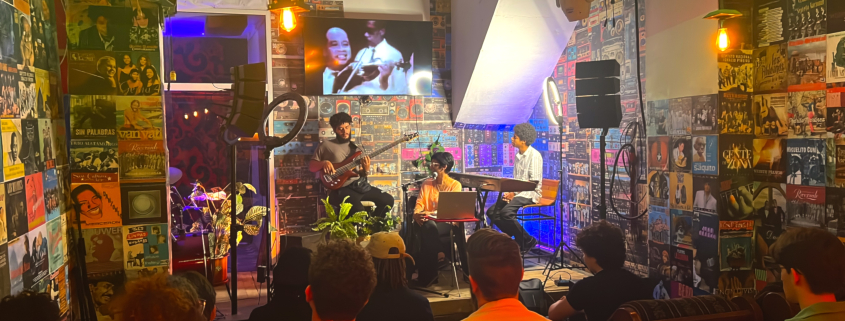
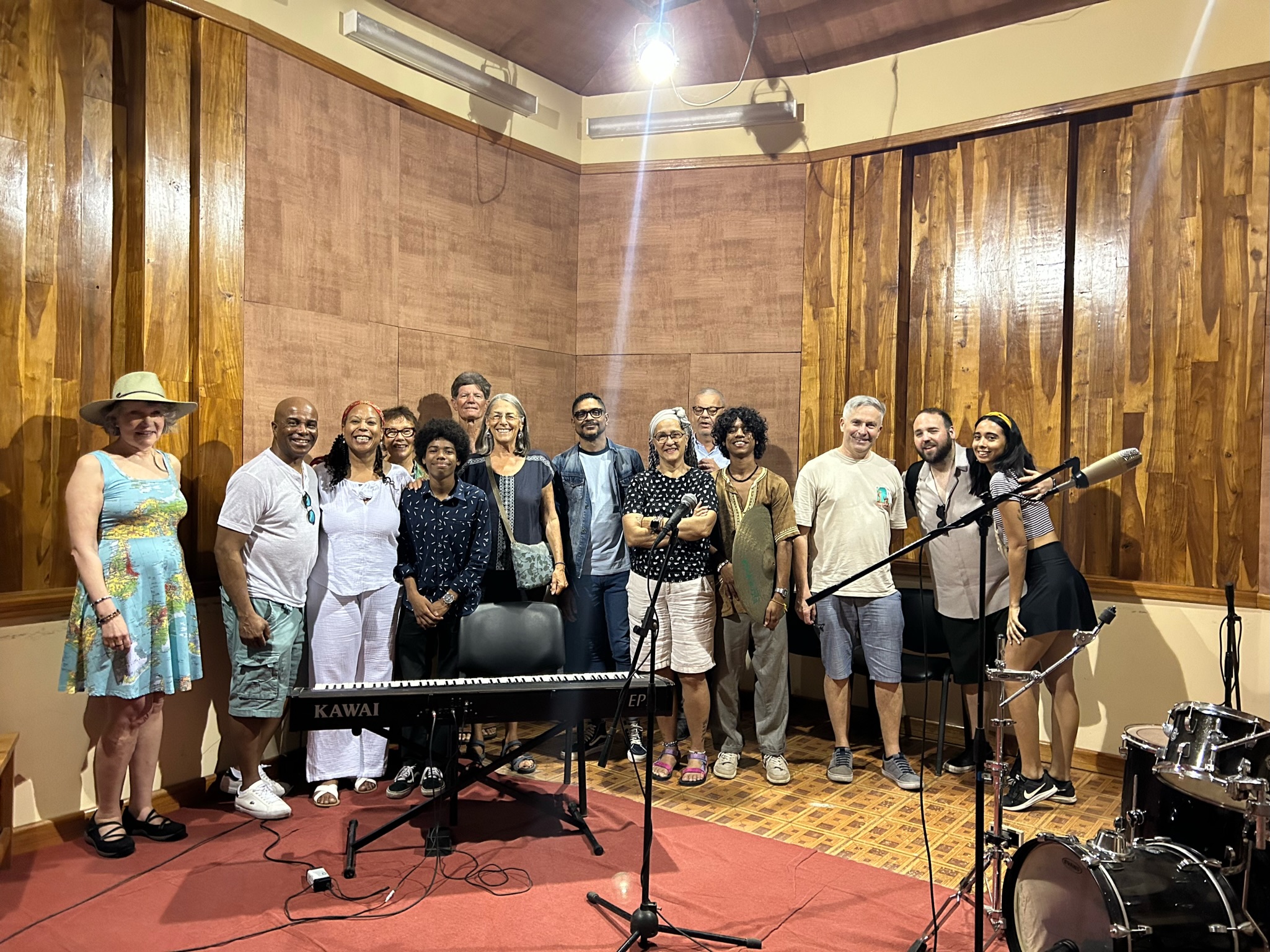
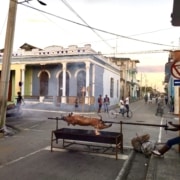
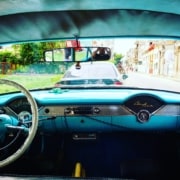
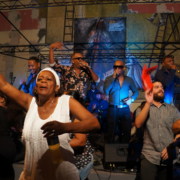
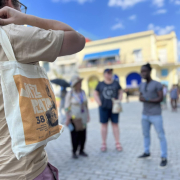


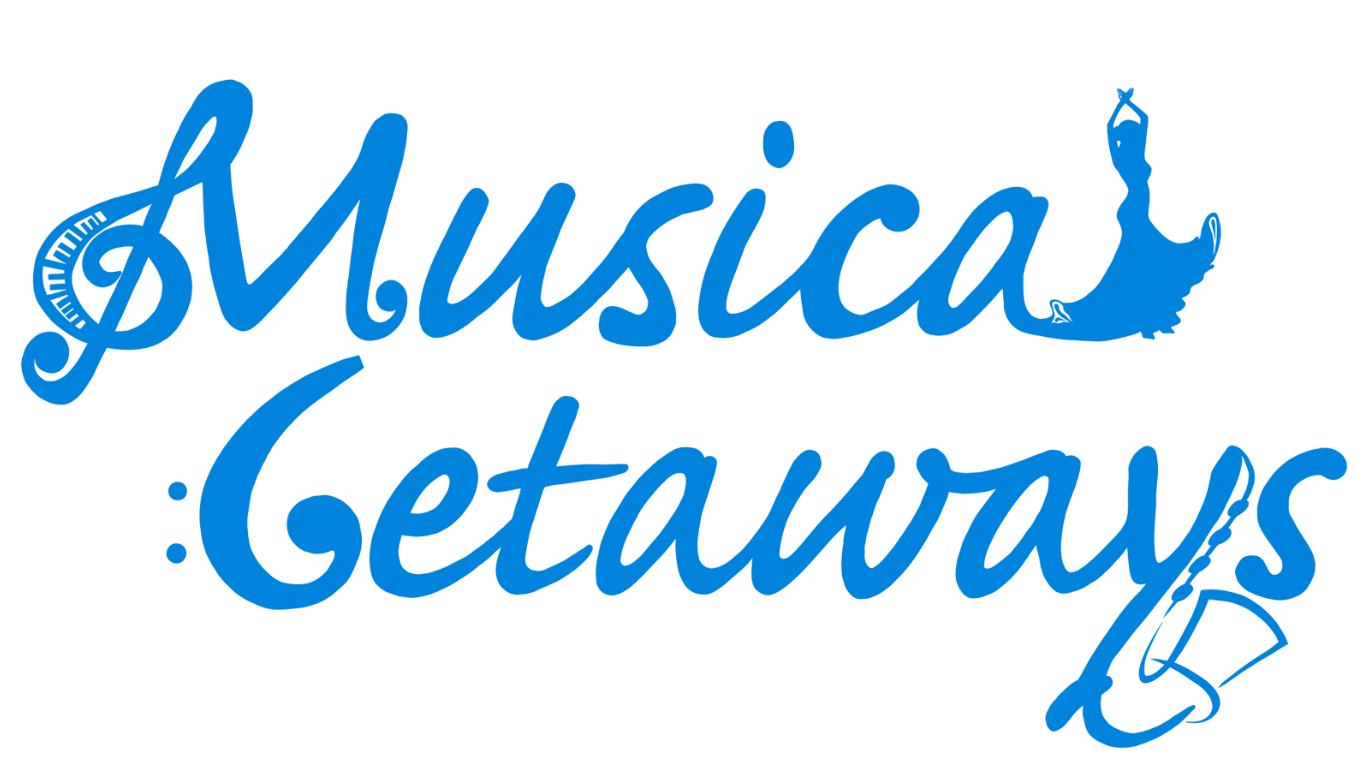



Leave a Reply
Want to join the discussion?Feel free to contribute!